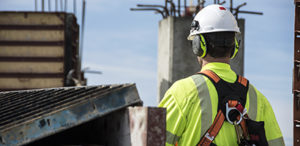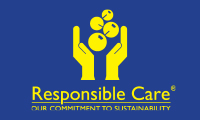Several groups have joined forces to call for the introduction of the Accessibility for New Zealanders Act as part of Hearing Week, which runs from 26 February to 4 March
The National Foundation for the Deaf has joined The Access Alliance steering group with members Auckland Disability Law, Blind Foundation, CCS Disability Action, Deaf Aotearoa, Disabled Person’s Assembly, Parents of Vision Impaired New Zealanders, Inclusive New Zealand and Kapa Maori Aotearoa to call for the introduction of the Accessibility for New Zealanders Act.
The Access Alliance is a group consisting of disabled people’s organisations, disability service providers, community organisations and disability advocates; working together to remove the barriers disabled New Zealanders face and building a New Zealand that is accessible to everyone.
“This is the largest gathering of people with disabilities in such an alliance in the history of New Zealand,” says National Foundation for the Deaf Chief Executive Dr Louise Carroll.
The Listen Hear! New Zealand Deloittes Access Economics research report recently released by the Foundation reports that at least 880,350 people are living with hearing loss nationally.
The proposed legislation would enforce mandatory minimum accessibility standards that ensure organisations provide services and facilities that are fully inclusive and accessible, opening the door to disabled New Zealanders, thereby ensuring they have the same opportunities and choices.
The Alliance proposed new legislation to mandate minimum accessibility standards that ensure organisations provide services and facilities that are fully inclusive and accessible to all New Zealanders.
The National Foundation for the Deaf will continue to support the need for improved accessibility through making sure captions are displayed on TVs/audiovisual displays in workplaces and all video content produced by the workplace and used internally and externally is captioned.
In addition, hearing technology such as hearing aids and cochlear implants in required by many who are hard of hearing to ensure access to education and employment.




